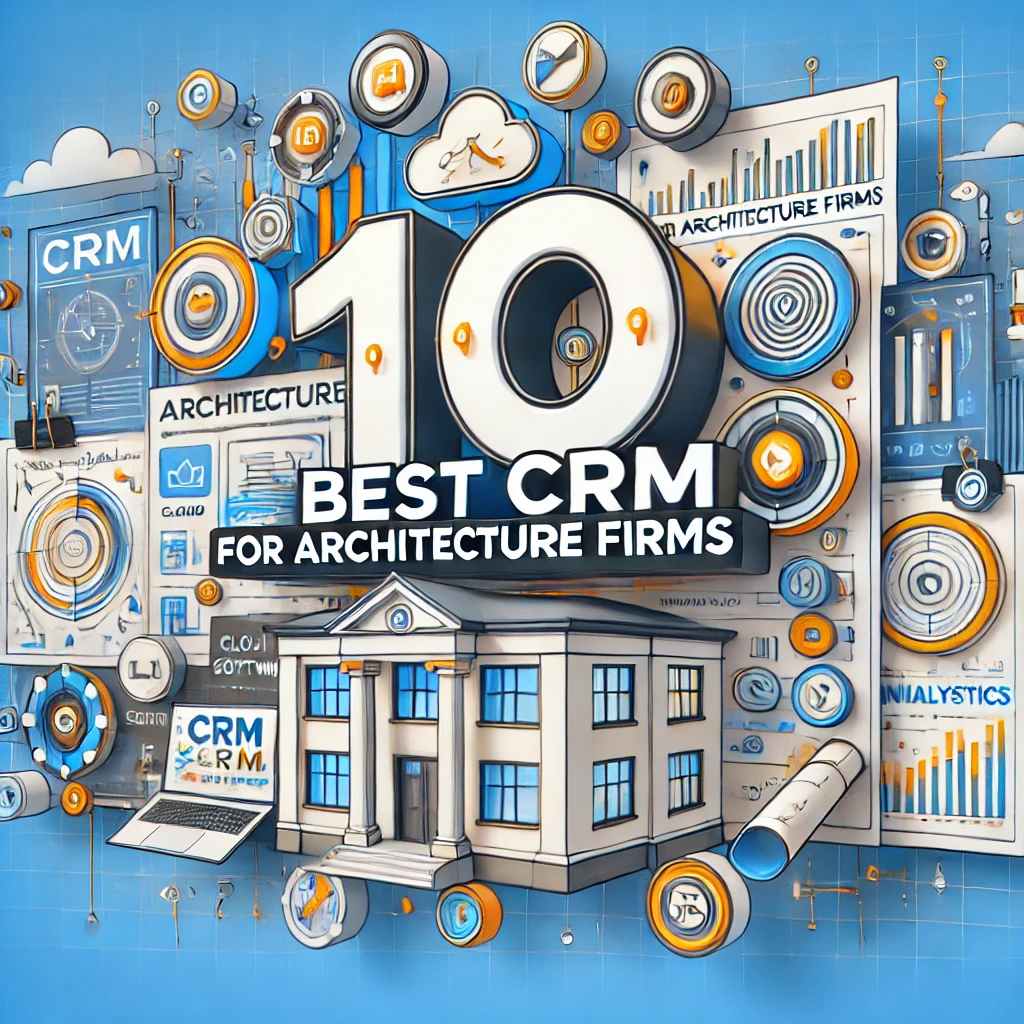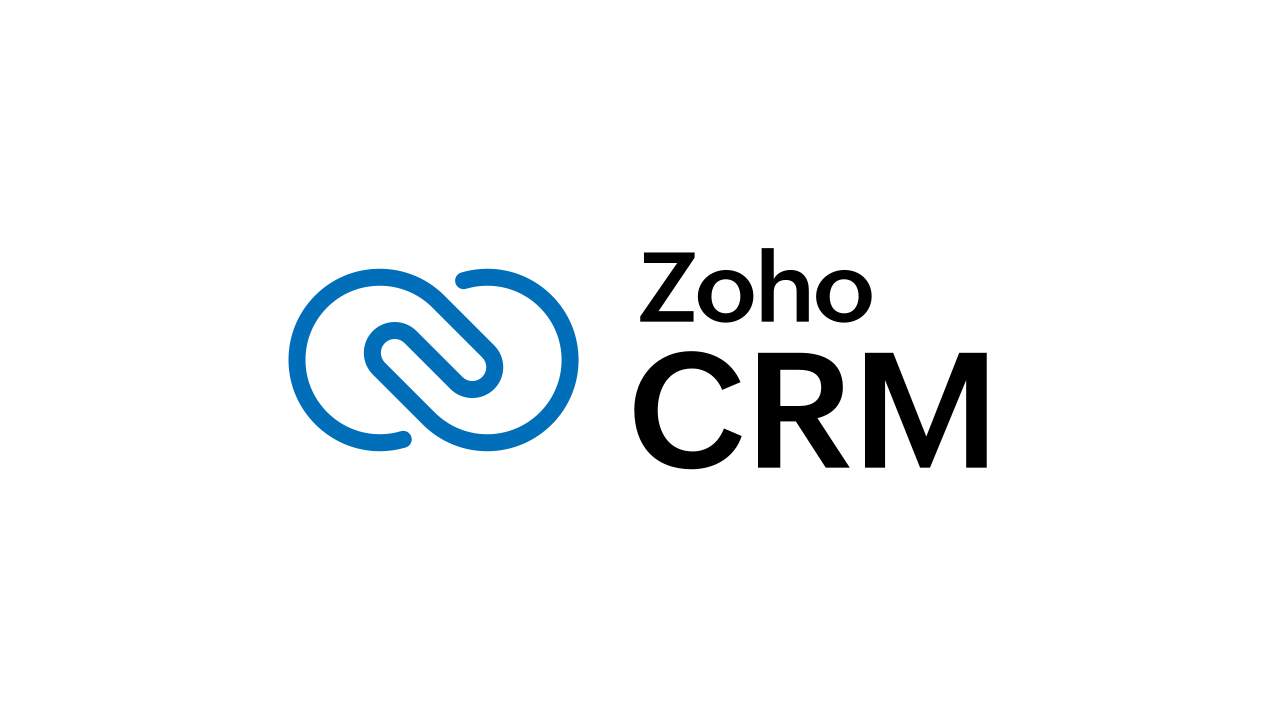Unlocking Success: 10 Best CRM for Architecture Firms

Discover the essential features of CRM in architecture firms and explore the top 10 CRM solutions for unlocking success.
The Evolution of CRM in Architecture
Customer Relationship Management (CRM) history traces back to the late 20th century because of the growing need for businesses to manage and effectively nurture relationships with customers. In the past, architecture firms relied on traditional methods of communication and record-keeping, which often led to inefficiencies and missed opportunities. The initial concept was to use technology to gather customer information and interactions, primarily stored in databases. CRM has revolutionized the way architecture firms manage their client relationships and projects.
Several factors can explain the evolution of CRM in the architecture industry. First and foremost, the increased competition in the market pushed firms to adopt more efficient strategies to attract and retain clients. Clients now expect real-time updates, personalized communication, and constant collaboration throughout the project lifecycle. From traditional face-to-face meetings, interactions now are in digital channels, 3D visualization tools, and virtual overviews.
Challenges also include the need to effectively manage multiple projects simultaneously, ensure accurate and up-to-date project data, and maintain strong client relationships amidst a fast-paced environment. Another factor that makes the use of CRM necessary in architecture is the firm’s project management.
CRM provides a centralized platform for storing client information, managing projects, and tracking communication. The adoption of CRM in the architecture industry has led to enhanced collaboration, improved client satisfaction, and increased profitability. Additionally, CRM systems integrate with other software applications, such as accounting and design tools.
Key Features to Look for in CRM for Architecture Firms
When selecting a CRM solution for an architecture firm, it is essential to consider the key features that will best meet the firm’s specific needs and requirements. Here are some key features to look for:
- Effective client communication and feedback: A CRM should offer features that enable real-time communication channels, such as chat, email, and video conferencing. It should also support sharing of project updates and documents with clients. Additionally, collecting and analyzing client feedback is crucial for continuous improvement and meeting client expectations.
- Contact Management: Effective contact management is crucial for architecture firms, as it allows them to maintain a comprehensive database of clients, prospects, and industry contacts. This, in turn, allows firms to tailor their services and provide a more personalized experience to their clients. Look for a CRM system that offers contact management features, such as contact segmentation, tagging, and easy import/export options.
- Project Management: Architecture firms handle multiple projects simultaneously, each with its own unique set of requirements, team members, and deadlines. A CRM system with project management capabilities, such as task assignment, progress tracking, and document sharing, can facilitate collaboration, task delegation, and progress monitoring.
- Integration Capabilities: Architecture firms often use a variety of software applications for different tasks, such as accounting, design, and project management. Look for a CRM system that offers seamless integration with these applications, eliminates duplicate data entry, eliminates the need for manual data entry, and ensures data accuracy across different platforms.
- Reporting and Analytics: Data-driven decision-making is essential for architecture firms to improve their performance and identify areas for growth. A CRM system with robust reporting and analytics features allows you to track and analyze client data, enabling you to better understand clients’ needs, behavior, and preferences, as well as project profitability and overall firm performance.
- By considering these key features, architecture firms can select a CRM solution that aligns with their specific goals and objectives and ultimately helps them achieve greater success.
Unveiling the Top 10 CRM Solutions (with case studies)
The architecture industry has a wide range of CRM solutions to choose from, each offering unique features and capabilities. Each CRM will be reviewed in-depth, highlighting its unique features and benefits. Real-world case studies will be presented to showcase how architecture firms have successfully implemented these CRMs and achieved positive outcomes.
Here are the top 10 CRM solutions for architecture firms:
- Pipedrive: Pipedrive is a user-friendly CRM system that offers customizable pipelines and deal tracking, making it ideal for managing the sales process in architecture firms.
- Act!: Act! is a popular CRM solution that offers contact management, task management, and email marketing features, making it suitable for small to medium-sized architecture firms.
- HubSpot: HubSpot is an all-in-one CRM platform that offers marketing automation, lead tracking, and customer support features, helping architecture firms streamline their operations. Case study: Architecture Studio Challenge: The studio struggled with lead nurturing and lacked insights into client behavior. Solution: Adopted HubSpot CRM for lead tracking, personalized content, and marketing automation. Result: Saw a 25% increase in qualified leads, reduced response time by 40%, and achieved a 15% rise in project conversions.
- monday.com: monday.com is a project management and collaboration tool that can be customized to fit the unique needs of architecture firms, enabling efficient project tracking and team communication.
- Thryv: A CRM platform designed specifically for small businesses, providing architecture firms with features such as contact management, online appointment scheduling, and reputation management.
- Salesforce: Salesforce is a comprehensive CRM platform that provides architecture firms with a wide range of tools for sales, marketing, and customer service. Case study: Architecture Firm Challenge: The firm faced disorganized client data and communication. Solution: Implemented Salesforce CRM for centralized data management and automation. Result: Streamlined project pipelines, improved collaboration, and enhanced client communication, leading to 30% increased efficiency and 20% higher client satisfaction.
- Keap: Keap, formerly known as Infusionsoft, is a CRM and marketing automation platform that offers features such as contact segmentation, email marketing, and lead scoring.
- Capsule: Capsule is a simple yet powerful CRM system that offers contact management, task management, and email integration, making it ideal for architecture firms looking for a user-friendly solution.
- Zoho: Zoho CRM provides architecture firms with a comprehensive set of tools for sales, marketing, and customer service, including contact management, email marketing, and social media integration.Case study: Design Firm Challenge: The firm encountered difficulties in managing client interactions and project timelines. Solution: Integrated Zoho CRM for better project scheduling, client relationship management, and invoicing. Result: Optimized project workflows, reduced project delays by 30%, and witnessed a 20% increase in client retention.
- Zendesk: Zendesk is a customer service platform that offers architecture firms features such as ticket management, live chat, and knowledge base, enhancing client support and satisfaction.
Architecture firms have highly rated these top 10 CRM solutions for their functionality, ease of use, and ability to drive success in client relationships and project outcomes.
Challenges and Solutions
When switching to CRM systems, one of the common challenges is resistance to change. Implementing a new CRM system requires architecture firms to change their processes and workflows, which can be met with resistance from team members. To address this challenge, it is important for firms to communicate the benefits of the CRM system and involve team members in the decision-making process.
Another challenge is data migration and integration. Architecture firms often have existing client and project data stored in various systems, making it challenging to integrate the data into the new CRM system. To overcome this challenge, firms should carefully plan the process. Integration with other software applications should also be considered to ensure seamless data flow.
Lastly, architecture firms may face challenges in handling the new tool by the team. If team members do not fully master the CRM system, the firm may not be able to maximize the benefits of the system. To address this challenge, firms should provide comprehensive training and ongoing support to ensure that team members are comfortable using the CRM system and understand how to apply it in daily workflows.
By recognizing and addressing these challenges, you can overcome implementation hardship and fully embrace the power of CRM.
If you have questions or concerns, you’re very welcome to contact us. Solution4Guru will provide you with professional consultation and implementation services.



